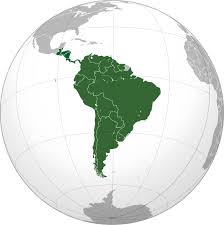As governments (slowly) get to grips with the fact that tax havens are inflicting great harm on economies and democracies across the globe, facilitating mega amounts of tax dodging, and vast movements of criminal money by way of the secrecy services some of them offer, the question of our times is how we deal with them. Attempts to create tax haven blacklists (in order to potentially implement sanctions for non-cooperative jurisdictions) have so far been farcical as we’ve noted many times, most recently commenting on the European Union’s current work compiling its own blacklist system, here and here. So far the criteria for inclusion in tax haven blacklists has been weak, such lists have been ineffective and it’s been far too easy for some of the world’s worst offenders to wriggle their way out of them, or simply be big and bad enough not to worry about being included in the first place – for example – Tax Haven USA. If the EU, or anyone else really wanted to do this properly, the work’s already been done for them – with the best objective ranking available – the Tax Justice Network’s Financial Secrecy Index.
Anyway, we were very interested to see that Brazil attempted to tackle Irish tax havenry in September 2016 by putting Ireland on its tax haven blacklist, effective more or less immediately.
Today we’re happy to share an article by Macroeconomics Professor Juan Valerdi [1] (of La Plata National University and El Salvador University) based on the conclusions of his research looking at the approaches of 13 Latin American governments to tackling tax havens. (more...)


No comments:
Post a Comment